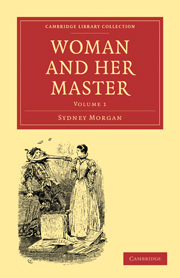Book contents
Summary
The most ancient empires of the earth had fallen and disappeared, but the tide of humanity rolled onward! Of the many regions in which the primitive families of man found a resting-place, during their progressive migrations, there was one so favoured by nature and circumstance for the purposes of social development, that its colonies at once arrived, as if by a natural instinct, at institutions, such as, under causes less fostering, have been the slow results of repeated experiment—the tardy triumphs of patient perseverance under reiterated failure.
Small in extent, covered with forests, and deficient in all the physical elements of spontaneous fertility, Greece suddenly started forth, the seat of a precocious refinement, the parent of a gifted race, whose genius and whose wisdom stand in the foreground of the benighted past, a bright beacon to guide the ignorant future through countless generations. While the aborigines, so called, of this favoured land, are so fruitlessly sought in the night of ages, as to have enabled their descendants to arrogate for them the epithet of “earth born,” tradition has yet retained the recollection that they were, in the fullest sense of the terms, rude, unaccommodated, and unacquainted even with the simplest agriculture, until they became blended with nobler and more enterprizing races.
By a series of emigrations, Chaldea brought them her astronomical calendar, Phœnicia her letters and her commerce, and Egypt the scantling of her arts, a shadow of her polity, and the exterior at least of her ancient religion.
- Type
- Chapter
- Information
- Woman and her Master , pp. 265 - 290Publisher: Cambridge University PressPrint publication year: 2010First published in: 1840

